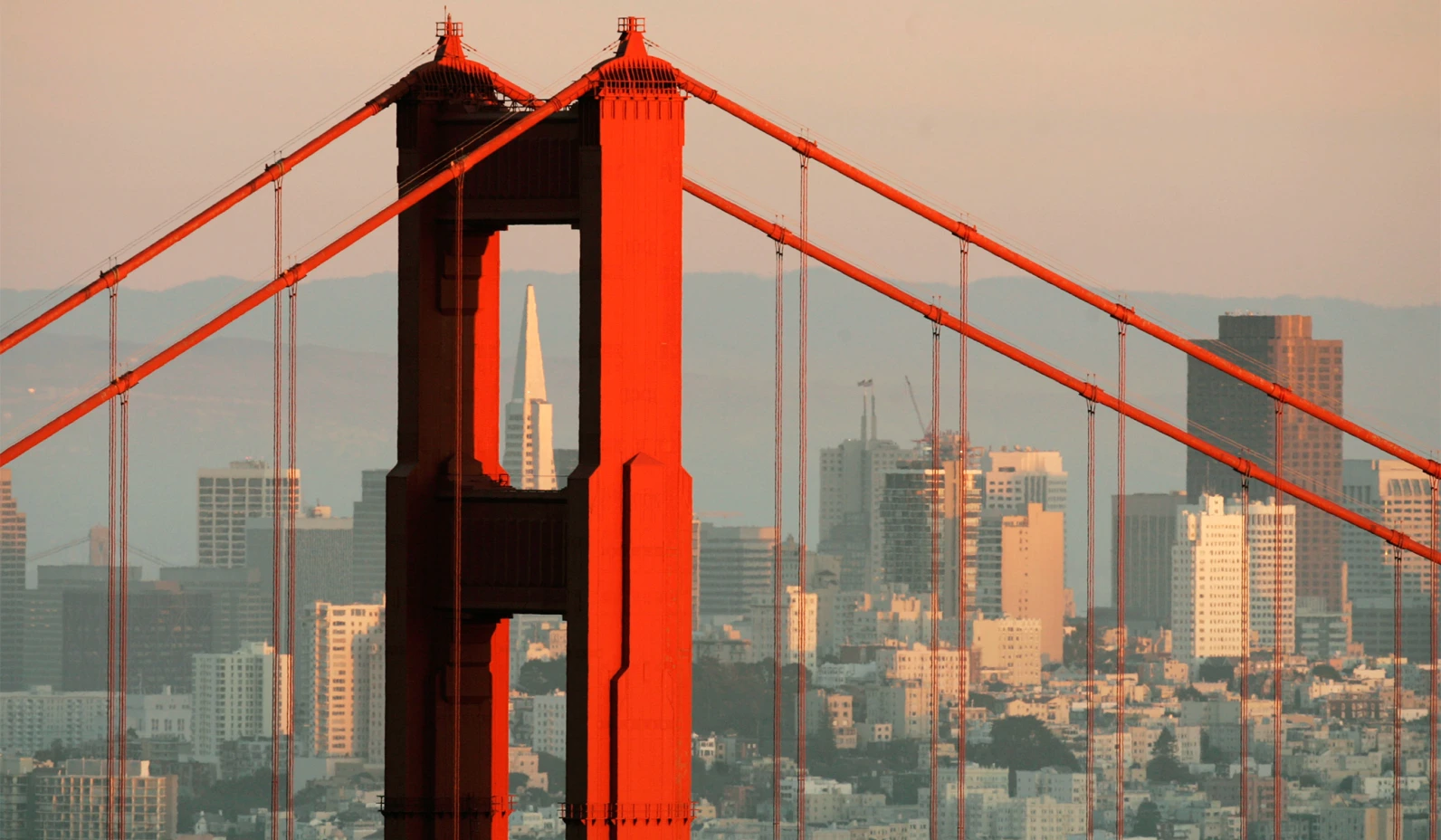By The Editors. Media: National Review.

An advisory committee to the city of San Francisco has recommended that the city pay “reparations” to its black population. The plan was prepared by the San Francisco Human Rights Commission staff for the San Francisco African American Reparations Advisory Committee, the very name of which suggests that the committee’s conclusions were foregone. This is madness.
Under the plan, the city would pay a minimum of $5 million to each qualifying black resident of the city over age 18 and commit to a 250-year program of guaranteeing a $97,000 income to low-income black residents (or rather, those who are still low-income after they are given $5 million of public money). The 250-year requirement aims to disenfranchise the next two and a half centuries of San Francisco residents from voting on whether to change the program once they see how it plays out in practice.
The revival of the reparations movement derives largely from a 2014 Atlantic essay by Ta-Nehisi Coates, which is cited in the report. This would be by far the most ambitious attempt yet at reparations, and it lays bare the flaws in the whole concept.
Those include deliberately conflating the unique historical injustice of slavery with other forms of legal discrimination. The report acknowledges that “neither San Francisco, nor California, formally adopted the institution of chattel slavery,” yet claims that “California and its localities meaningfully enforced and upheld slavery by perpetuating the racial caste system of subjugating Black Americans from the freedoms assured to them by the Declaration of Independence.”
Then there is simple ignorance: “The United States was wholly supportive of and dependent upon the enslavement of African people and their descendants as the vehicle that established and propelled the country’s economy.” Wholly dependent? The vehicle? In one fell swoop, the Human Rights Commission staff writes the labors of nearly 90 percent of the American population — including generations of small farmers, inventors, and industrialists — entirely out of American economic history.
The notion that the city of San Francisco, as an entity, owes reparations for slavery is preposterous. The enslavement of Africans and their descendants by Europeans and their descendants in what is now the United States traces back to 1526 in Spanish Georgia, 1619 in British Virginia, and 1626 in Dutch New York. Racial chattel slavery was formalized in law in Virginia in 1661 and Maryland in 1664. San Francisco, by contrast, was not even discovered by Europeans until 1769, had no permanent non–Native American settlement until 1835, and had fewer than 300 residents until 1846. What built the city was the Gold Rush.
The report strains its reasoning to the breaking point in arguing why California and San Francisco are nonetheless guilty:
The state’s founders were proslavery; 36% of American-born Californians in the 1850s were white southerners who strategically sought statehood for California as a “free state” to avoid controversy and expedite access to federal resources. California’s first elected governor, Peter Burnett, was a renowned racist who had established Oregon as a whites-only state through its legislature in 1844 and attempted to do the same in California in 1849. His efforts failed because of the desire of pro-slavery settlers to utilize, and economicaly [sic] benefit from, slave labor across the state.
Not only does this attempt to justify reparations for proposals that were never adopted in California, it stands the history of California statehood on its head. True, California in 1850 had a large population of pro-slavery migrants from the South, who were given some legal latitude in bringing small numbers of slaves through the territory. But when California was admitted to the Union as a free state in 1850, it was over the bitter objections of the slave states because its admission permanently tilted the free state–slave state balance of the Senate in favor of the free states. Only the Compromise of 1850, which granted significant concessions to the southern states in strengthening the Fugitive Slave Act, prevented a civil war over the admission of California.
If one considers the taxpayers of San Francisco, who will actually foot the bill for this, the case for saddling them with financial responsibility for American slavery — or even more recent injustices — becomes even more ridiculous. Over 34 percent of San Franciscans are foreign-born, having no historic ties to the American past. That number has been above a third for four decades, and it was also consistently between a third and half of the city’s population between 1860 and 1910. It’s been 40 years since non-Hispanic whites made up a majority of San Francisco’s population, which as of the 2020 Census was 33.7 percent Asian American (including South Asian) and 15.6 percent Hispanic. San Franciscans are being penalized for the sins of someone else’s fathers. The message this sends to immigrants who may have come to America to escape old tribal grudges is not an encouraging or welcoming one.
The report focuses heavily on legal discrimination against black San Franciscans in the 1940s and 1950s. But if reparations are based on injustices and discrimination other than slavery, there is a far weaker case for singling out a single group for benefits. If anything, California and San Francisco have a much more egregious history of injustices done by the government towards Native Americans and people of Chinese and Japanese descent. Those injustices include laws that prevented Asian Americans from owning guns or testifying in court.
Then, there are the legal and moral problems with giving people money on the basis of race without requiring them to show that they have ever suffered injustice. As the report acknowledges, this creates legal problems under state law: “Proposition 209, which bans government institutions from taking affirmative actions based on race, sex, or ethnicity, poses a challenge to the City to implement programs seen as giving preference.” Yet, the report does not recommend limiting benefits to the descendants of slaves, and its list of proofs of suffering past injustice is quite elastic, including black immigrants from foreign countries to San Francisco as late as 1996 and those who were “Personally, or the direct descendant of someone, incarcerated by the failed War on Drugs.” Giving someone $5 million for being a heroin trafficker does not seem like justice. The report also does not exclude the descendants of slave-owners, slave-catchers, or other perpetrators of historic injustices.
Reparations programs that aim to benefit entire groups of people on the basis of long-ago injustices along racial or ethnic lines simply exacerbate racial thinking and racial resentment on all sides. We suspect that the exorbitant price tag will make it easy for even San Francisco to reject this proposal at a time when the city faces many more immediate and concrete challenges to the safety and quality of life of its population. It should also stand as a warning against the madness of reparations.





























































































